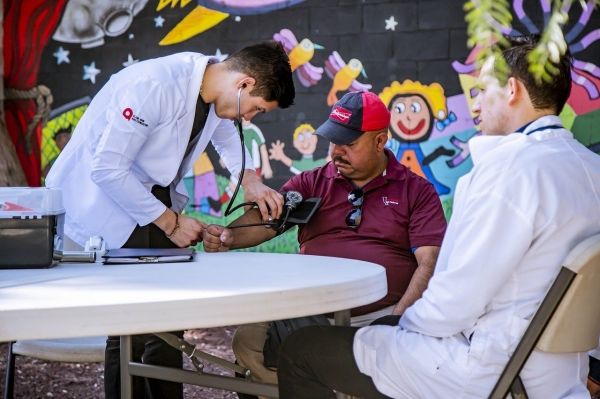Although the link may not be obvious, healthcare and climate change — two issues that pose major challenges around the world — are in fact more connected than society may realize. So say researchers, who are increasingly proving this to be true.
Case in point: A new study by UC Santa Barbara’s Andy MacDonald found that improving healthcare in rural Indonesia reduced incentives for illegal logging in a nearby national park, averting millions of dollars’ worth of atmospheric carbon emissions.
The analysis, published in the Proceedings of the National Academy of Sciences, finds that deforestation in the national park declined 70% in the 10 years after an affordable health clinic opened in the area. This equates to more than $65 million worth of avoided carbon emissions when translated to the European carbon market, the study reports.
“The results illustrate a strong link between human health and conservation in tropical forests in the developing world,” said MacDonald, an assistant researcher at the Earth Research Institute who coauthored the study with UC Santa Barbara’s David Lopez-Carr and colleagues at Stanford University, North Carolina State University Raleigh, Oregon Health and Science University, Natural Capital Advisors, and two NGOs involved in the intervention.
Read more at University of California - Santa Barbara
Photo Credit: ernestoeslava via Pixabay


